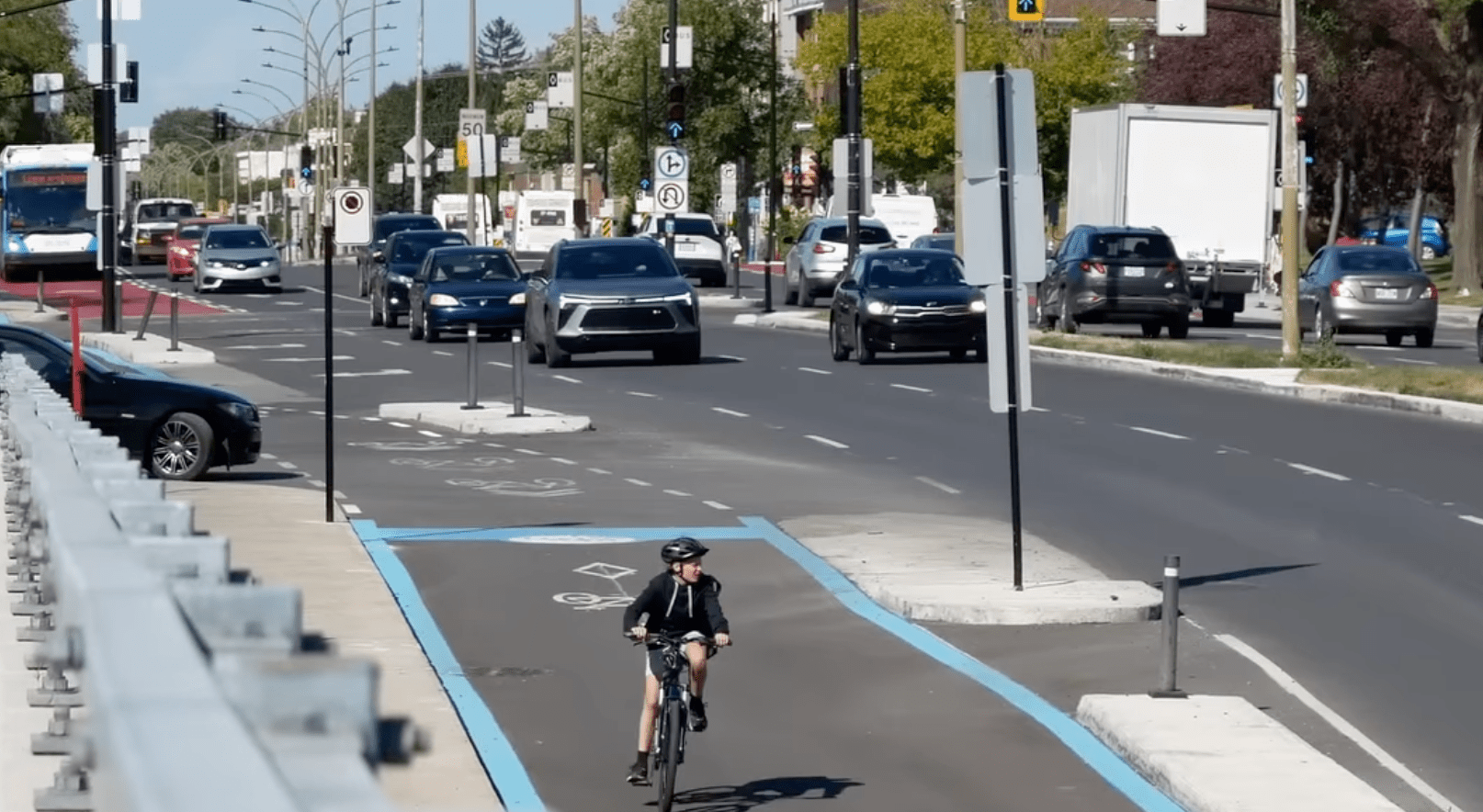Despite brought support for the concept of a National Infrastructure Bank (NIB) to help pay for major improvements to America's built environment, including transportation, significant uncertainty still surrounds the questions of how the bank would work as well as what it would fund.
 Rep. Rosa DeLauro (D-CT) (Photo: America2050 via Flickr)
Rep. Rosa DeLauro (D-CT) (Photo: America2050 via Flickr)As Streetsblog Capitol Hill has reported, the House transportation committee took a different approach to the NIB than sponsors of a recently invigorated NIB push spearheaded by Rep. Rosa DeLauro (D-CT) and Sen. Chris Dodd (D-CT).
In its six-year, $500 billion federal transport bill, the House panel proposed to house an NIB within the U.S. DOT, while DeLauro's NIB plan would set up an independent bank with its own directors and a strict set of criteria by which to evaluate proposed projects.
Now that the Obama administration has advanced the idea further by pitching a $4 billion National Infrastructure Innovation and Finance Fund in its 2011 budget, momentum for passage would seem to be growing. But as DeLauro pointed out Tuesday during a hearing with White House budget chief Peter Orszag, the president's Fund looks more like the House transport committee's vision than her own.
DeLauro tossed a number of salient questions at Orszag:
How much private capital do you anticipate the fund will leverage?And how many jobs do you think can be created with the fund? Is the $4billion request for 2011 a one-time request, or does theadministration propose this is an ongoing annual funding level? If the fund is located in the Department of Transportation, with aboard composed of senior DOT officials and other federal agencyrepresentatives reporting to the transportation secretary, how do weexpect or how can we expect it to be an objective, independent entity?
The Connecticut lawmaker also questioned why the White House would limit its Infrastructure Fund to transportation when water quality, energy, telecom and other elements of the built environment all tie into the way the nation gets around.
"The basic goal here is to [build] on the
success that we have had with the TIGER grants program," Orszag told her, leaving the door open for an expansion into other types of projects.
Still, it's far from clear that such an expansion would be feasible if the White House's Infrastructure Fund were to become a part of the internal U.S. DOT structure. And limiting the independence of such a fund could leave it open to political concerns, particularly if senior members of Congress attempt to sway its decision-making process in an earmark-like style.
And the physical location of an NIB is not the only question mark left unanswered. The White House budget proposes that $2.2 billion of the Infrastructure Fund's initial $4 billion capitalization would be spent on grants, which suggests an openness to projects -- such as transit lines -- that might not provide immediate profit potential to investors, but also raises the specter of a Fund that must rely on continued government spending in order to stay afloat.
That lack of financial certainty, transportation columnist Ken Orski wrote this week, "could
be the reason why the White House [budget] renamed the NIB ... as the 'National Infrastructure Innovation
and Finance Fund' (NIIFF) -- a clumsy but more accurate
designation."





